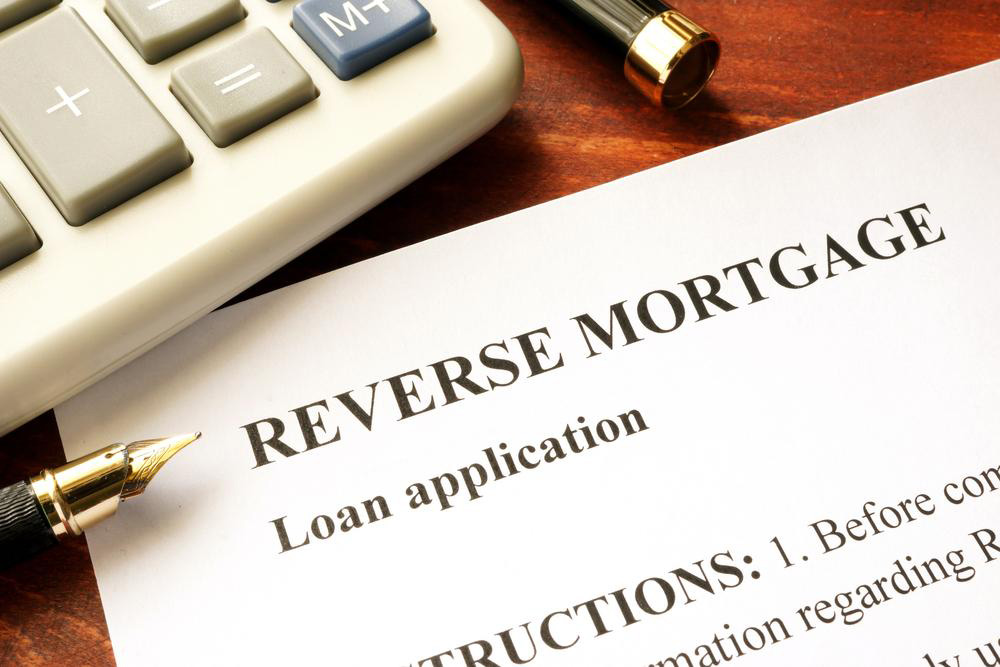Understanding Balloon Mortgages and Repayment Strategies
Learn about balloon mortgages, their structure, risks, and repayment methods. Discover how borrowers can manage these short-term loans effectively through refinancing, asset sales, or full repayment strategies. This guide provides clear insights to help you navigate balloon loans smartly and avoid financial pitfalls.

Understanding Balloon Mortgages and Repayment Strategies
While most people are familiar with Adjustable Rate Mortgages (ARMs), fewer understand balloon loans and their potential benefits for managing finances without traditional EMI obligations. Although less common, balloon loans have been in use for decades and can be advantageous if used wisely. This article explains what balloon mortgages are and how they can be repaid effectively.
What is a balloon loan?
A balloon mortgage requires repayment of the entire principal in a single lump sum at the end of a short-term loan. It may involve interest-only payments during the term or no payments at all until maturity.
Balloon loans pose significant risk for lenders due to the large lump sum repayment at the end, often making them suitable for borrowers with strong credit histories. The construction industry frequently utilizes balloon financing for short-term project funding without collateral, often with higher interest rates due to the risk involved.
Additional Reading: Top Steps After Paying Off Your Mortgage
Balloon Mortgage Structure
The specific structure of a balloon mortgage varies depending on the lender and borrower preferences.
This can include fixed or variable interest rates. Payment arrangements depend on the borrower’s credit profile. Some lenders require interest-only payments until maturity, while others allow full payment at the end of the term.
Methods for Repaying Balloon Loans
While initially seeming straightforward, balloon loans can become risky if repayment isn’t carefully planned. Experts advise setting up a solid repayment strategy beforehand, as the due date approach can catch borrowers unprepared. Common repayment options include:
Refinancing
Converting the balloon loan into a new loan is a popular method, allowing for renewed terms and interest rates. Borrowers need good credit and stable income to qualify.
Asset Sale
Selling assets purchased with the loan or other owned property can provide funds for repayment.
Full Repayment
If cash flow allows, paying off the loan entirely is ideal but less common, as most borrowers prefer spreading payments over time.
Stay informed about mortgage news here. Follow us on Facebook and Twitter for updates on investments.










